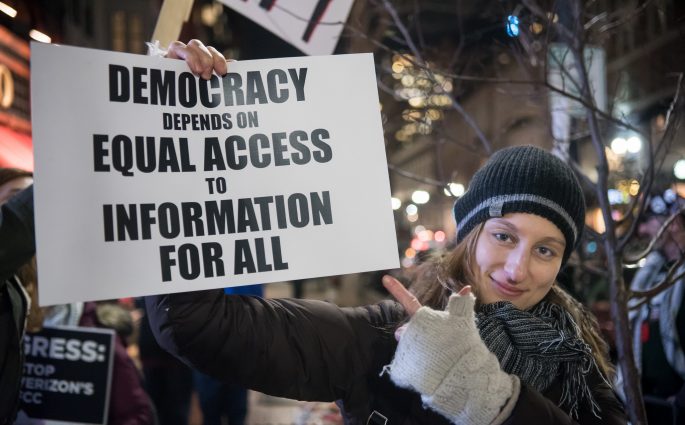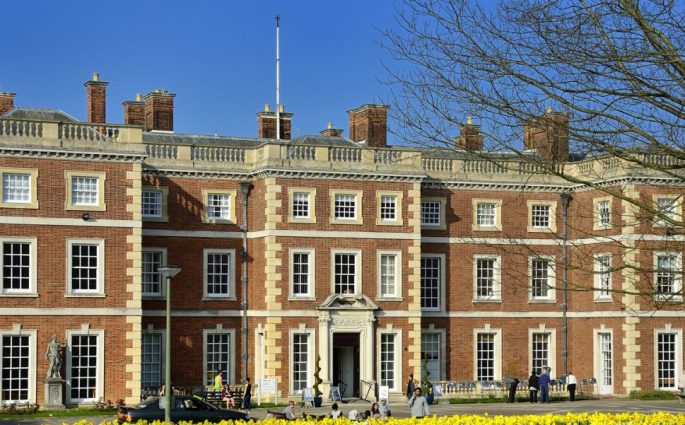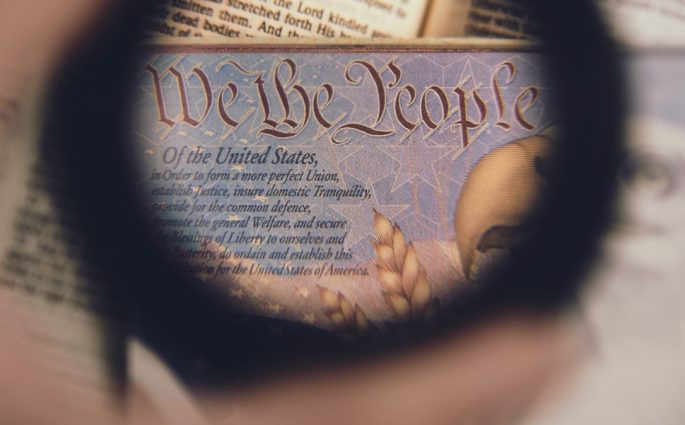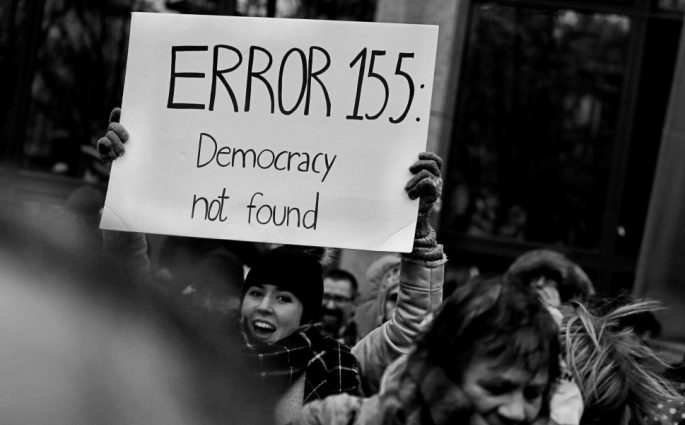Rav Kook: Mystic in a Time of Revolution
Yehudah Mirsky— Though he died in 1935, Rav Avraham Yitzhak Kook (Rabbi Abraham Isaac Kook) still towers in contemporary Israeli politics and Jewish spirituality; neither can properly be understood without him. His controversial life and the colossal body of writing he left behind offer powerful lessons and pose difficult questions.










